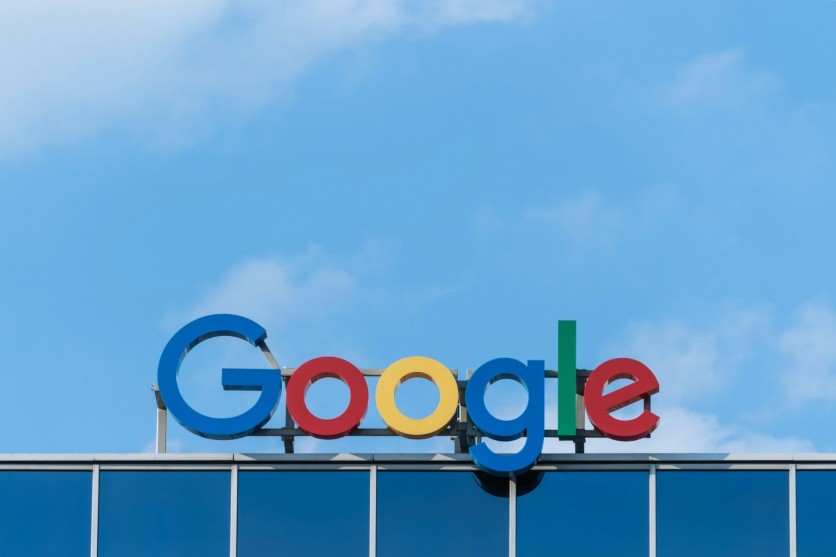Google parent company Alphabet has reportedly failed in acquiring cybersecurity startup Wiz Inc. despite raising a takeover bid worth $23 billion.
The New York-based startup's bold and ambitious resolve to forge its route is demonstrated by this unexpected choice.

(Photo : Pawel Czerwinski from Unsplash)
As Google CEO Sundar Pichai recently said, more layoffs are expected to come this 2024. Just recently, Alphabet's secret research lab X has also experienced the same fate.
The action is being taken as Alphabet works feverishly to increase its presence in the fiercely competitive cloud services sector, which is presently controlled by Amazon.com Inc. and Microsoft Corp.
Even with the generous offer, Wiz is focused on hitting new benchmarks, such as $1 billion in recurring income annually. Wiz has demonstrated its dedication to its growth trajectory and faith in the abilities of its staff by turning down Alphabet's significant offer.
Failed Acquisition Consequences for Alphabet
Alphabet, which purchased Mandiant for $5.4 billion two years ago to improve its security products, is severely harmed by this move. It's possible that Wiz's merger was a calculated effort to strengthen its cloud security offerings.
Wiz's technology would have made a great complement to Alphabet's offerings since it links to cloud storage companies like Microsoft Azure and Amazon Web Services to scan data for security threats.
This size of an acquisition by a Google-like behemoth would have been unprecedented and perhaps subject to antitrust scrutiny. Google may have encountered more regulatory obstacles given that it was already embroiled in several antitrust disputes, including a case brought by the US Justice Department.
Google and Hubspot
Most recently, although several analysts think Alphabet's potential acquisition of HubSpot wouldn't hurt competition, authorities might disagree, which would force the parent company of Google to fight antitrust laws on a different front.
Sources claim that Alphabet may purchase HubSpot, which is valued at $34 billion.Before making a choice, Google is still analyzing the acquisition's potential antitrust ramifications.
Many industry observers and antitrust experts worry that Google's acquisition of HubSpot may reduce competition. They contend that HubSpot competes in the customer relationship management (CRM) software market, which is dominated by Salesforce, Adobe, Microsoft, and Oracle.
Analysts speculate that by leveraging Google's cloud computing resources to expand client offers and prices, HubSpot's competitiveness may be enhanced by the acquisition, given that Google does not directly compete in the CRM market.
Notwithstanding these opinions, many anticipate that a Google-HubSpot deal will be contested by US and European antitrust authorities. Authorities are becoming less likely to allow computer companies to purchase, which might lead to a long and painful legal battle for Google.
Antitrust enforcers will probably oppose such a merger, according to former general counsel of the Senate antitrust subcommittee Seth Bloom.
Google is accused by the US Department of Justice of abusing its dominance in search and digital advertising, among other antitrust actions.
Under a new regulation aimed at lessening Big Tech's hegemony in digital markets, EU investigators started looking into Apple, Google, and Meta in March. The executive branch of the 27-nation EU, the European Commission, is looking into companies for "non-compliance" with the Digital Markets Act.
Related Article : Google Enhances Cybersecurity with Threat Intelligence Initiative





